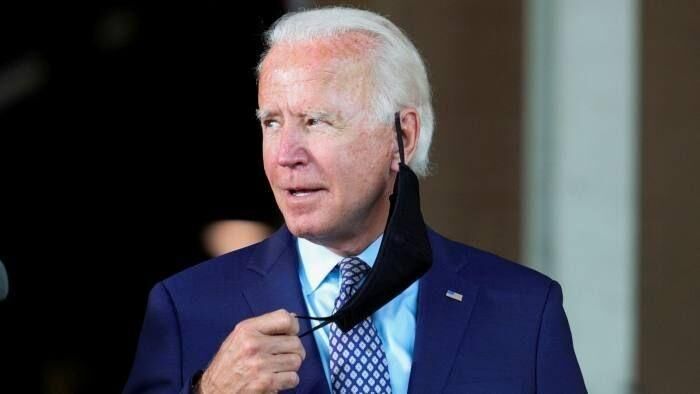
The US election cycle is on the verge of closing. The most important question now is how the new US administration under Biden will treat China, and where will the tripartite relations between China, the United States and Europe go? The Global Times has compiled the comments of six speakers at the Sixth China and Globalization Forum on Wednesday and Thursday, which are described here.
Graham Allison, professor at Kennedy Harvard School of Government:
With Biden in office on January 20, the new government will make three moves. First, Biden and his colleagues bury the "America First" policy in favor of their allies and international institutions. Serious efforts will be made to reorganize US allies and allies to compete, confront, and actually balance China.
Second, they will bury American unilateralism. As Biden believes, Trump's "America First" policy only destroyed the United States. Biden believes in multilateral efforts, alliances, institutions and multilateral initiatives. One of the first major new multilateral measures will be to address the global epidemic of coronavirus. Washington will then rejoin the Paris Climate Agreement and the World Health Organization. Biden is trying to reorganize the World Trade Organization.
Third, the Biden administration will try harder to deal with China than the Trump administration, but more intelligently.
Wolfgang Ischinger, chairman of the Munich Security Conference and former German ambassador to the United States:
I see a lot of joy in the media about Biden being elected President of the United States of America. I am personally happy because I think this is a good development. But I warn you about being overjoyed because basic problems do not go away on their own. We have serious issues in the defense debate. We will also face trade issues. I'm not too sure that rejoining the Iran nuclear deal should be easy for the next government.
Biden has said several times during his campaign that he will be tough on China. The US Congress also does not have a friendly atmosphere with China. Another problem is that in the final period of the Trump administration, there will be a significant element of mistrust, because even after Trump leaves the White House on January 20, Trump's 70 million electorate will continue to exist. We will not guarantee that someone like Trump will not appear in the coming years. There are now doubts about the reliability and stability of US positions that have not existed since World War II. This makes things much more difficult than in the past.
John Thornton, Chairman of the Board of Trustees of the Brookings Institution:
I have always believed that the rise of China is in the interest of the Chinese people, its neighbors and the world, including the United States. We have all heard many times how US-China relations are at a turning point. Mutual trust and respect must begin between President-elect Biden and President Xi Jinping. They should meet in person for personal communication and keep in touch with each other on a regular basis.
This is exactly what the US and Chinese presidents did when Trump took office. They should also appoint work teams to create a roadmap for all serious issues. Such a process will be reliable and stable for both countries and the world and will improve the results.
Fu Mangezi, vice president and research professor at the Institute of Contemporary International Relations in China:
After Biden took office, his positions on multilateralism, tariffs and trade warfare may differ from those of Trump. Relations between the United States will be facilitated under Biden, the European Union and China. The EU also sees China as a systematic challenge.
This could bring the United States and the European Union closer together to deal with China. The EU will work with China and the United States in almost all areas, not just China. However, European countries will place more emphasis on strategic autonomy than on the leadership of the United States.
Koi Hongjian, Director of the Department of European Studies at the China Institute of International Studies:
Relations between the United States and the European Union will be strengthened, but this does not mean that their relations go back to the good old days. It is also unclear whether future US-EU relations will increase the likelihood of their solidarity with China.
There have been many differences between the United States and the European Union over the past four years. The European Union, on the other hand, is reluctant to become a tool for the United States to contain China. The EU has made the most progress in recent years in pursuing strategic autonomy, which shows that Europe does not want to blindly follow the United States.
Xi Tao, Dean and Professor, School of International Relations, Peking University of Foreign Studies:
We do not expect to see a growing improvement in Sino-US relations in the next administration. Biden was Obama's vice president, in whose administration an aggressive balance was proposed in the Asia-Pacific strategy and the Trans-Pacific Partnership against China. In terms of US relations with China, Biden will be smarter and more strategic than Trump.
With more than 70 million votes cast, Trump has shown that many Americans are reluctant to give up his legacy. With so many fans on social media platforms like Twitter and Facebook, Trump can easily influence or threaten the Biden administration. Biden must not only win the support of Republicans and Democrats, but he must win the support of all

No comments:
Post a Comment